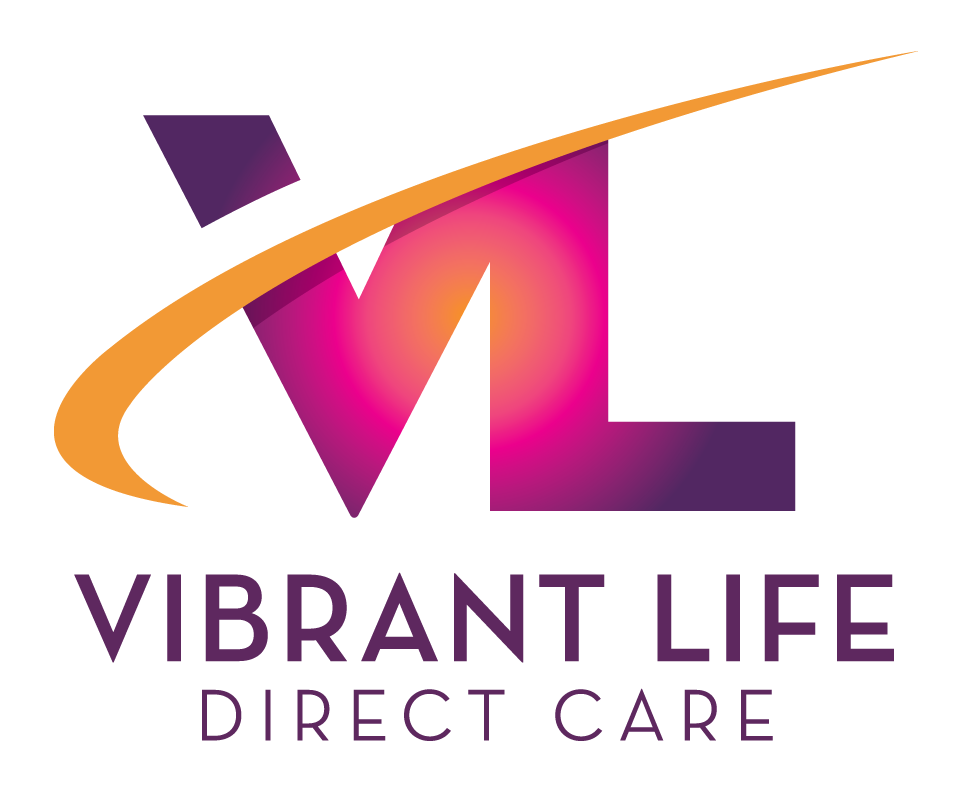Attraction, not Promotion: What made you pick your doctor in the first place?
In a previous post, I discussed that as a physician, I am not simply a “provider of services.” But what about you, O Reader? What is your title in this corporatized version of medicine and what should your expectation be as a consumer?
First off, you read that right: I just called you a “consumer” (you didn’t really believe you’re still a “patient” anymore, did you??) . As a consumer, what you are sold is branding: hospital brands, pharmaceutical brands, supplement brands, laboratory brands…you name it, they’ve branded it. Everybody’s brand is better than the other guy’s. But when you buy doctoring services, what exactly are you buying? Expertise? Experience? Good bedside manner? Better outcomes? The truth is, I’ll bet you bought your doctor based on a whole lot of NOTHING. You picked your primary care doctor out of a list from your insurance company gave you and a brief bio on the internet. Later, your primary care provider picked a specialist for you that they liked within the same hospital system. Very rarely do patients pick physicians anymore based on the substance of outcomes or other people’s experiences. Often, your choices are limited by plans, brands and lists. People today pick hospital systems or insurance plans based on perceived branding that they like or think is superior. For example, maybe there’s one really well know doctor in the whole hospital system and you assume everyone associated with it must be that good…right? University hospital systems thrive on that kind of outside perception. I’d guess if you’re a typical primary care patient in a hospital system, you’ve not made a value judgement of your own based on anything of substance the entire time you’ve been in the system! You’ve trusted your BRAND. I’m always surprised at how long patients will suffer with a primary care physician that they really don’t like just because they feel locked in by the system and they won’t take the trouble to begin again. They choose based on plans and brands and lists.
What if there is a better way? Perhaps it’s more true that in medicine, it’s attraction and not promotion that gets people well. AA came up with that idea not me. AA doesn’t advertise. You’ve never heard a radio ad begging you to come to AA meetings. Why? They want people coming to AA that are curious and ready to change. By now, folks know what AA does; they’ve heard through word of mouth that it works. This makes them curious about whether it will work for them. So, they visit. If they stay and work the program, they get well. Attraction brought them to wellness, not promotion.
Attraction is inherently a value based judgement based on characteristics the individual desires and seeks for himself. Promotion is more like peer-pressure or popularity exerted from outside the individual…it’s a form of conformity.
The DPC world is a new frontier of medical practice dependent on attraction by individuals to what we do and how we do it (we don’t have the resources for promotion anyway!). It’s our values you should be curious about and attracted toward. We work for the patients that love us and are not representative of any corporate medical enterprise. The relationship we have with you is not sterile, it’s human. Your best interest is our best interest. We work very hard to make you well and happy with what you bought when you choose us to take care of you.
As an experiment, go to your local big brand hospital, university system or insurance company and see what they think about working very hard to make you happy with what you bought. While you’re at it, take a hard look at what you have with your provider of services and as yourself as a consumer. Do you feel like a valued human being in a mutual relationship, or are you treated as a faceless number? Is your brand living up to your expectations of grandeur or do you feel lost in the shuffle? At the end of your life, or when you face difficulties in your health, do you trust them to work only in your best interest?
CoVID19 has shown us the weakness of corporatized medical care under government control. Medicine in those contexts has become inhumane, cold and harsh because their interest is not in human care…it’s in obedience to the almighty dollar coming from someone other than the patient.
If you find yourself attracted to how we work at VLDC, I hope you’ll give us a try and recommend us to others if you think how we do medicine is the right way.
